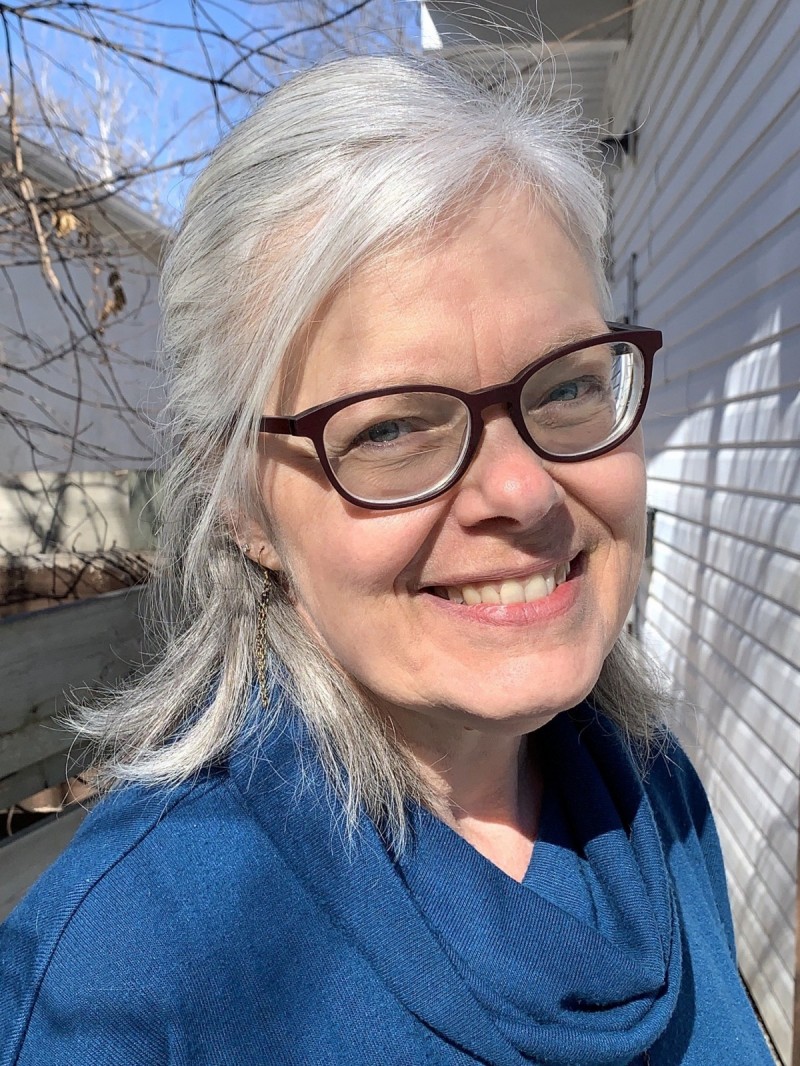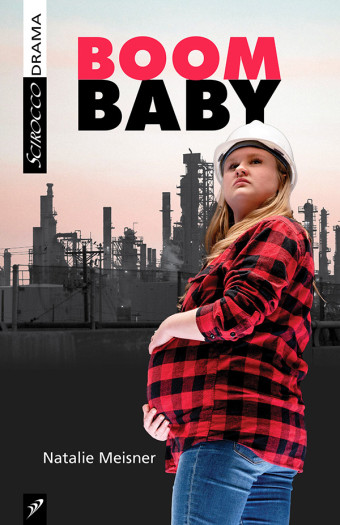Over the years, I’ve said to anybody who will listen that being the director of a literary festival is the best job on the planet – and even COVID chaos hasn’t shaken that conviction. To spend days and months and years poring over new books, talking with writers and publishers across the country, exploring ways to connect readers and writers – it never gets old.
In my small-town childhood, I read everything I could get my hands on, but writing books seemed somewhere the other side of unlikely. When I ended up in grad school at the University of Manitoba several decades ago, my world exploded with writers and writing.
I found myself going to readings and book launches, I read work that was still in development, I even started exploring my own writing voice. Those were heady times, and for me they were transformative.
“The voice of the Prairies has become the many voices of the Prairies.”
I was understanding that writing is an active practice, and it roots into the soil where it’s planted. The Prairies – not just my Winnipeg community, but the whole broad sweep of our region – was alive with stories, voices, makers.
Leading the THIN AIR festival – and now THIN AIR KIDS festival, too – I have the privilege of gathering together an annual feast of new books, new voices, new stories.
Over the past 18 years, I have been witness to the remarkable vitality of Prairie writing and publishing, but also what I think is our coming of age. Our psyche is maturing, moving from being informed by intense stories of survival, grit, and pride of place to a wild array of books, from realistic to magical, gentle to enraged, predictable to shocking.
The voice of the Prairies has become the many voices of the Prairies. Our stories of arrival are now more likely to be connected to newcomers than to pioneers, and our stories of origin finally reach back to Indigenous communities that far preceded the early traders. We are becoming the home of free-range books, tracking through other times and places, both real and imaginary. We are rooted, but we are not restricted.

Charlene Diehl
This is a time of reckoning in this country – and in all the countries of the world that have evolved under colonial structure. One of the most important ways to take stock of what we know and believe is to really listen to our own stories, and one of the best ways to reorient our thinking and move toward deeper insight and truer vision is to really listen to the stories of others.
Chimamanda Ngozi Adichie, a brilliant Nigerian writer, has framed a challenge we face on our beloved Prairies. “Many stories matter,” she writes. “Stories have been used to dispossess and to malign. But stories can also be used to empower, and to humanize. Stories can break the dignity of a people. But stories can also repair that broken dignity.”
Many of the writers rooted in this place are using their stories to empower, humanize, and repair broken dignity. Finding and creating resonating spaces for those stories sits at the core of what I do as a curator and presenter. Now it’s up to all of us to make time and space to encounter and treasure those stories.
Charlene Diehl has been at the helm of the Winnipeg International Writers Festival since 2003.
To find out more about their many featured events, writers, and books, visit thinairwinnipeg.ca.













